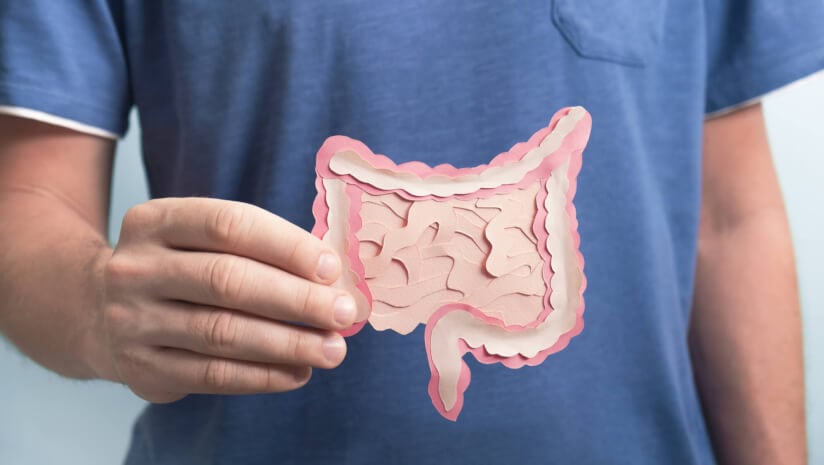That was the takeaway from a panel discussion titled “Beyond Digestion: Your Microbiome’s Hidden Impact on Whole-Body Health” at last week’s Natural Products Expo West in Anaheim, CA. The talk was sponsored by the supplement company MegaFood.
The experts said the microbiome thrives on microbial diversity in the gut, but that same principle may not apply to other organs in the body. Take the vagina for example.
“There’s a lot of evidence that shows that gut diversity is beneficial,” said Susan Hazels Mitmesser, PhD, chief science officer at Pharmavite. “When you have diversity in the vagina, that is not beneficial. You need to think about the organ system and the microbiome of that organ, because more diversity for that organ is not always beneficial. In fact, it can be pathogenic and very harmful.”
The comment prompted panel moderator Noah Voreades, founder of microbiome firm GenBiome Consulting, to ask where the vanguard innovation and breakthrough scientific discoveries will have near-term impact on consumers beyond the gut.
Jack A. Gilbert, PhD, microbiome researcher at the University of California San Diego, said he was excited about looking at microbiomes within the body as either a systemic or localized ecosystem.
“I think the vagina is a great example,” he said. “You can eat bacteria and that becomes systemic, but you can also provide probiotics as a suppository in the vagina. You can have localized impact of the ecosystem within the vagina.”
He said applying both oral and localized biotics is what he is paying attention to in academic research.
Creating combinations is an approach that also extends to the pairing of biotics.
“It’s really interesting to look at the impact of a live bacteria, a prebiotic and then a postbiotic in combination,” Hazels Mitmesser said. “There’s some really interesting data coming out that shows the synergistic impact of those. In fact, we’re doing a bit of research looking and trying to figure out what is the right bacteria to match with the right prebiotic fiber.”
Finding what is right on an individual level requires precision interventions, said Gilbert, and requires screening a person’s microbiome to get estimates on the abundance of the microbial species in a body.
“We would use a computational model based on an AI framework that uses some pretty sophisticated tools to identify the exact metabolic drivers, the prebiotics that would stimulate the growth of a particular organism,” he said.
As one organism grows, it starts to produce compounds which feed other organisms around it, which causes a cascade of change in that ecosystem.
“Your body is dynamic. Your microbiome is dynamic,” he said. “Our ability to predict that is the real innovation. That’s where we’re sitting on the cusp of being able to provide what I refer to as precision health … [it] gives us the opportunity to provide an individual with an individualized plan that’s entirely dependent upon looking at a person in isolation.”
The role of supplementation
Although there are many biotics in the marketplace, scientists do not fully understand whether people should take them daily. This a hampered by clinical trials that only go for so long due to expense.
“We’re limited by what data we have, and we have to make the best of that data,” Hazels Mitmesser said. “I don’t think I personally can, with confidence, give an answer to the [daily question].”
Som Ghatak, PhD, senior director of R&D and nutrition science at MegaFood, made a point that the microbiome may need regular care, which he analogized to watering a houseplant.
“You cannot water your houseplant once and expect it to survive forever—it needs consistent care,” he said. “If you skip supplementation, or if you are not having those diverse fermented foods, like the probiotic containing foods, you are depriving your gut from what it needs.”
There may be a role for supplementation to prime the gut for certain foods that contain fiber, for example. Gilbert said Americans eat far less fiber than other parts of the world, including groups in rural Ghana that he studies. That population consumes 50 grams of fiber daily.
“If I gave [an American] 50 grams of fiber a day, I’d see severe gastrointestinal flatulence, probably diarrhea, probably abdominal pain in about two thirds of you,” he told the audience. “Your microbiome is not ready to consume fiber...So that’s something we definitely need to take into consideration is how we get to non-responders.”



